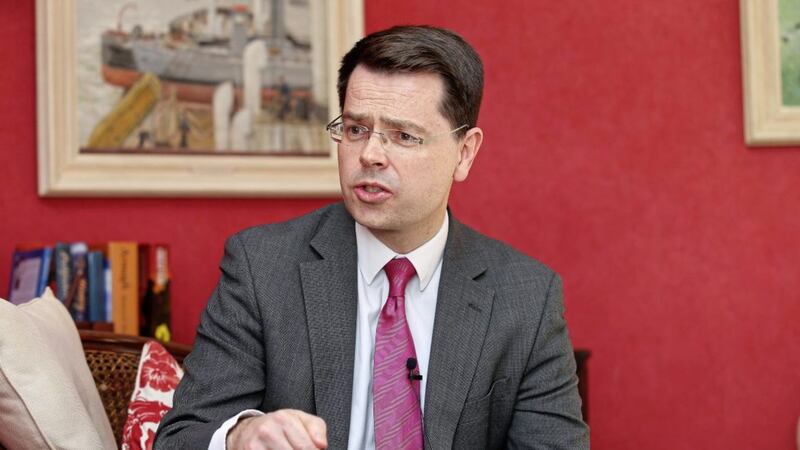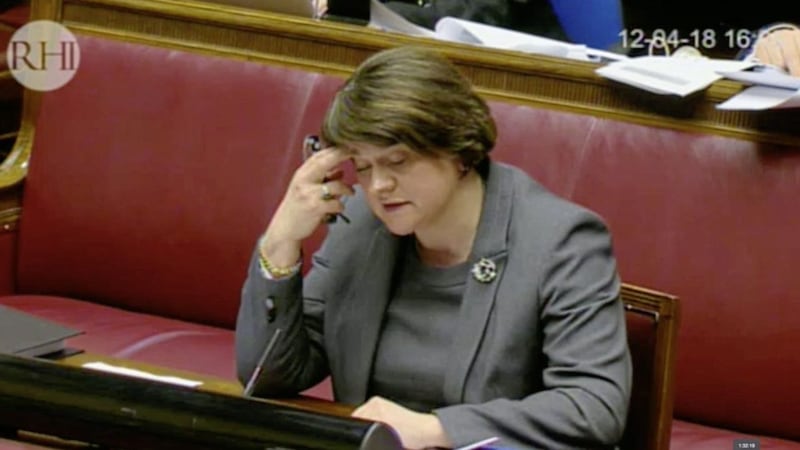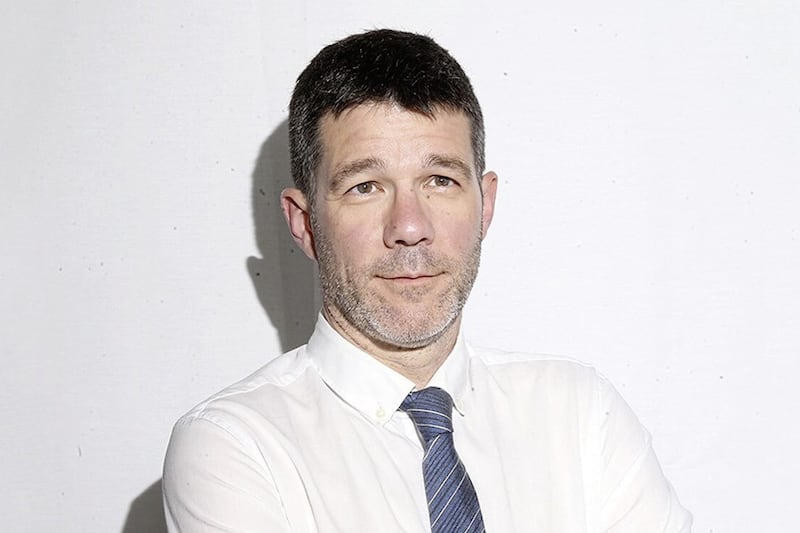IF the north's parties cannot reach agreement within three weeks they face the possibility of a third assembly election in just over a year, according to Secretary of State James Brokenshire.
Should voters go to the polls again in June it would be unprecedented territory for democracy in Northern Ireland, but across the border political instability once led to three general elections within 18 months.
The Dáil election of June 1981 would be the first of five to take place within the decade.
It was held at a time when the hunger strikes held media attention both north and south.
The result of the vote saw Fine Gael and Labour form a minority coalition government, with Garret Fitzgerald appointed taoiseach.
Fianna Fail would suffer its worst election result in 20 years as sympathy for anti H-Block candidates, standing in support of the hunger strikers, enjoyed unexpected success.
Of the 12 candidates, nine of them prisoners, Kieran Doherty and Paddy Agnew won seats in Cavan–Monaghan and Louth respectively, while Joe McDonnell and Martin Hurson narrowly missed election in Sligo–Leitrim and Longford–Westmeath.
However, the coalition government would last just seven months as a defeat of a budget saw its collapse, culminating in a return to the polls in February 1982.
The poll was triggered after finance minister John Bruton attempted to put VAT on children shoes, a measure rejected by independent TD Jim Kemmy and Joe Sherlock of the Workers' Party.
The February election saw Fianna Fáil form a minority government, with Charles Haughey becoming Taoiseach.
His reign would end within the year though, as a loss of support from Independent TD Tony Gregory and the Workers' Party over budget cuts resulted in a fresh election in November.
Garrett Fitzgerald would again be installed as taoiseach as head of a Fine Gael–Labour Party coalition, as his party recorded its biggest election victory until 2011, coming within five seats of Fianna Fáil.
The government would remain in place until 1987.








